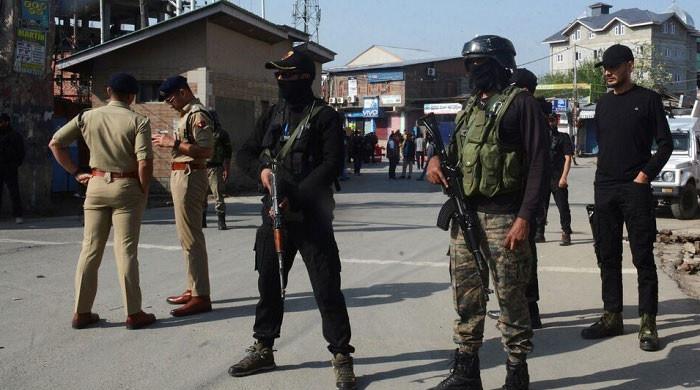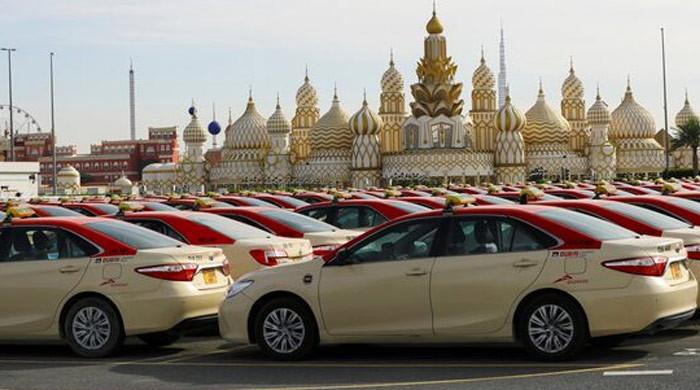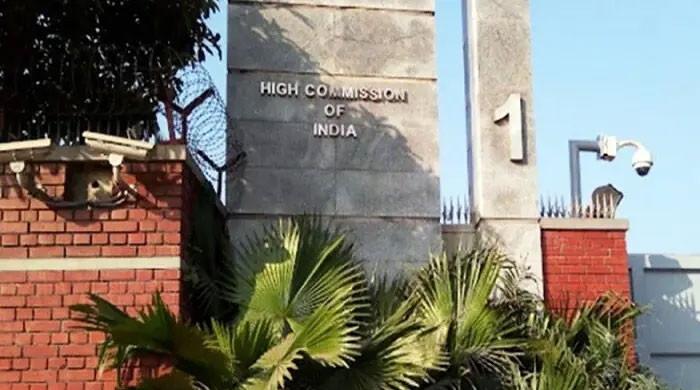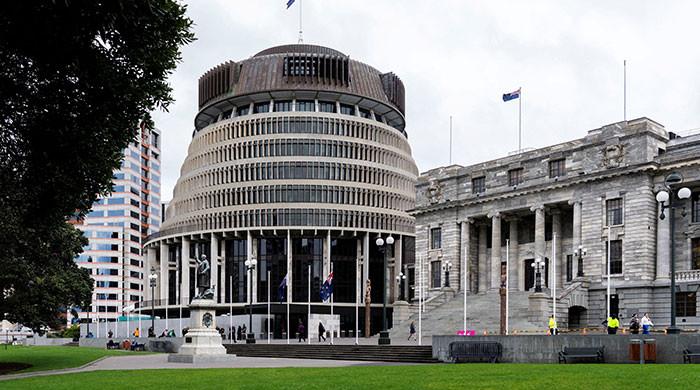North Korea joins South Korea, China in disapproving Fukushima water release decision
IAEA okays Tokyo’s plan under which treated water from the tsunami-hit nuclear plant will be released into sea over next decades
July 09, 2023
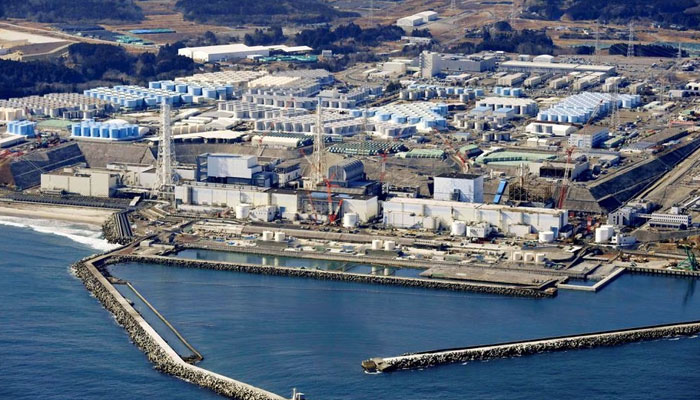
Days after International Atomic Energy Agency (IAEA) approved the Japanese plans to release water from its Fukushima nuclear power plant sparking protests in South Korea and China, North Korea also joined and disapproved the decision citing adverse impacts on human lives and environment security.
The UN nuclear watchdog gave a green light to Tokyo’s plan under which it will be releasing treated water from the tsunami-hit nuclear plant into the sea over the next few decades.
The approval sparked concerns among the neighbouring countries with China prohibiting some food imports and hundreds protesting against the decision in South Korea.
According to Pyongyang’s environmental protection ministry statement, the release of the treated water will have a fatal adverse impact on human lives and security and the ecological environment.
"What matters is the unreasonable behaviour of IAEA actively patronising and facilitating Japan's projected discharge of nuclear-polluted water, which is unimaginable," the statement added which was aired by the official Korean Central News Agency.
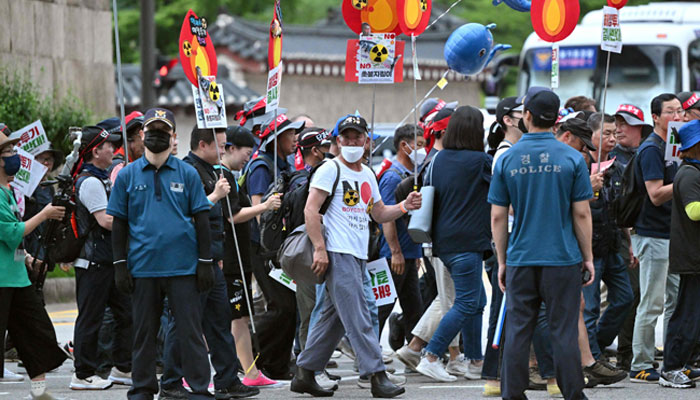
Some 1.33 million cubic metres of groundwater, rainwater and water used for cooling have accumulated at the Fukushima nuclear plant, where several reactors went into meltdown after the 2011 tsunami overwhelmed cooling systems.
The plant operator treats the water to remove almost all radioactive elements except tritium and plans to dilute it before discharging it into the ocean over several decades.
The statement comes as IAEA head Rafael Grossi is wrapping up his three-day visit to Seoul with a meeting with opposition lawmakers, who have criticised the planned release.
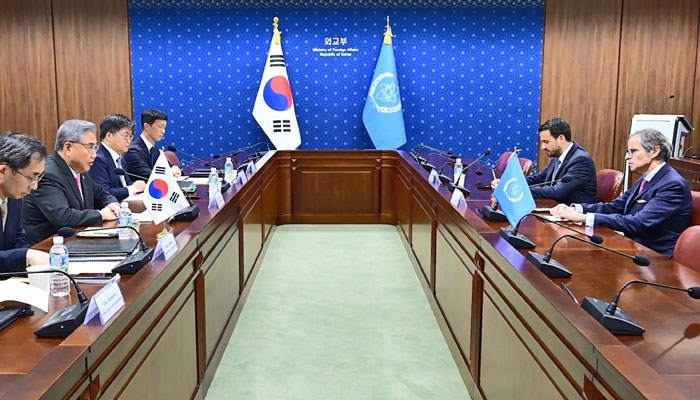
On Saturday, Grossi met with South Korean foreign minister Park Jin to brief him on his agency’s findings, Seoul’s foreign ministry said in a statement.
Park requested "active cooperation from the IAEA for safety verification and public reassurance," it added.
Following that meeting, Grossi said the IAEA will remain at the Fukushima plant to ensure safety "every step of the way", tweeting: "What starts now is even more important than the work done so far — the continuous monitoring of the plan´s implementation."






